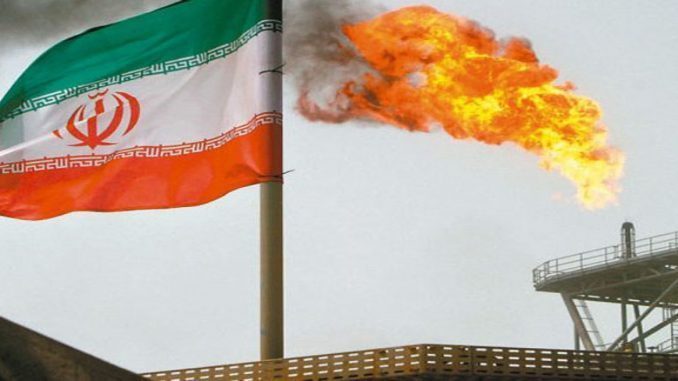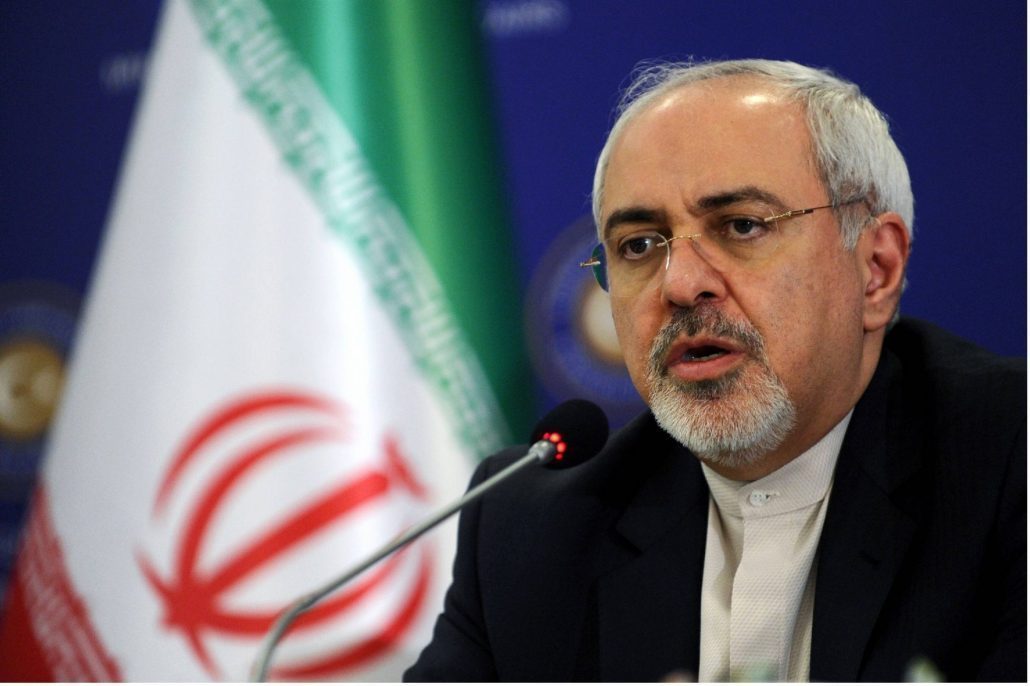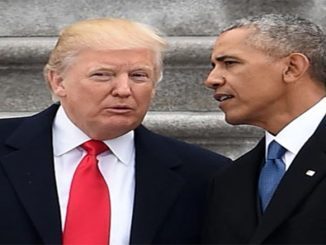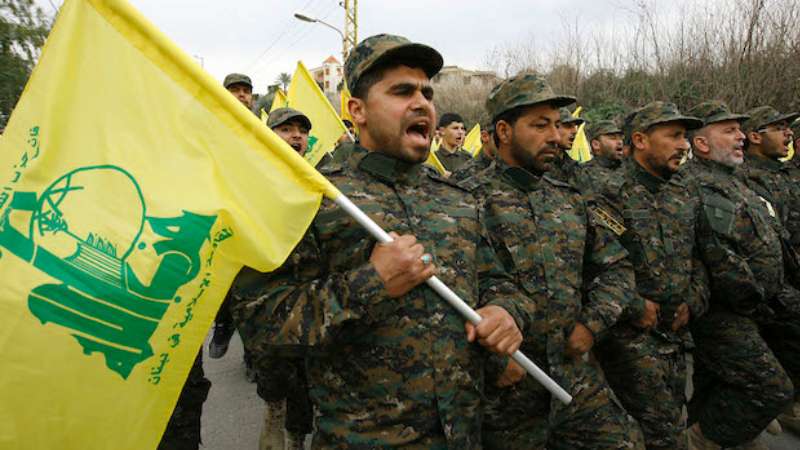
Royal Dutch Shell signed a provisional agreement on Wednesday to develop Iranian oil and gas fields to be the biggest company investing in Iran after lifting that the sanctions, a move that clearly indicates the willingness of western companies to invest despite Trump’s threat of scrap the nuclear deal.
Barack Obama, The former US leader, was behind the historic Iran nuclear deal with P5+1 powers, agreed upon last year, which saw Tehran agree to amend its nuclear output in order to lift all nuclear-related economic sanctions, freeing up tens of billions of dollars in oil revenue and frozen assets.
After lifting the sanctions, Iranian president Hassan Rouhani visited Europe and made deals that worth billions of dollars. European companies started looking for investment opportunities in the growing Iranian market.
The Iranian government also sought deals with western companies to develop and maintain its natural resources such as Oil and Gas.
However, Trump’s election might change the whole game and threaten the development that was built in the past months.
Western companies keen to invest in Iran
The Anglo-Dutch company confirmed it had signed a memorandum of understanding with National Iranian Oil Company (NIOC) on Wednesday “to further explore areas of potential cooperation”, declining to give further details.
This is the first deal by the world’s second-biggest listed oil firm in Iran since sanctions were lifted.
A spokesman for Shell said a memorandum of agreement was signed Wednesday with the National Iranian Oil Co. “to further explore areas of potential cooperation.” The agreement is nonbinding and involves the development of Iran’s oil fields in South Azadegan and Yadavaran and the Kish gas field, according to Reuters. The South Azadegan and Yadavaran fields straddle the border with Iraq.
Analysts said the agreement underscored major oil companies’ willingness to keep doing business with Iran despite the risk that U.S. President-elect Donald Trump could scrap the nuclear deal that ended the sanctions earlier this year.
This deal came after a similar one with the French company Total in November. The last deal was signed on 8 November to further develop its part of the world’s largest gas field.
The remarkable part of the deal was financing it with euros by the French company to avoid any possible US sanctions, reflecting a state of trust between Iran and the European trade partners.
Foreign companies keen to tap into Iran’s vast oil and gas reserves have so far made little inroads into the country despite the lifting of many sanctions earlier this year following a landmark agreement on Iran’s nuclear program.
Tehran has pledged to open up its oil industry but foreign companies, including BP and Italy’s Eni, recently said they still have little information about Iranian oil fields and contract terms, hindering investment decisions.
However, Total move of financing the deal in euros may attract more suspicious companies now.
But it is not just energy companies touching down in Tehran. European plane manufacturer Airbus, along with U.S. aerospace and defense company Boeing (BA), were both given the greenlight to sell aircraft to Iran earlier this year.
Boeing, which has been a recent victim of President-elect Donald Trump’s ire over the cost of its new 747 Air Force One jets, told FOXBusiness.com it looked forward to working with the President-elect after his victory last month, and would remain cooperative with his policies in the region.
“Should the U.S. Government determine it is appropriate that the sanctions removed under the nuclear agreement ‘snap back’ into place, we would comply with that determination,” the company’s vice president of communications, Gordon Johndroe, said.
“These preliminary agreements could mark a strong sign of confidence towards the sustainability of the nuclear deal,” said Homayoun Falakshahi, Middle East research analyst at Wood Mackenzie.
“These preliminary agreements come at the right time for President (Hassan) Rouhani, who can leverage on the nuclear deal bearing fruits for Iran’s economy despite Trump’s election,” Falakshahi said.
New win for Rouhani
These agreements resemble a big victory for Hassan Rouhani, Iran’s centrist president, who has been questioned by critics at home about the limited economic dividends so far from last year’s agreement with major powers to curb Tehran’s nuclear program.
But the Iranian oil ministry, according to some officials, has been fighting hard to push the guards’ affiliated companies away from big projects including South Pars.
The contract with the Total and Shell will serve as a blueprint for deals with overseas energy companies but has sparked a huge row in Iran.
Hardliners believe it is offering overly generous terms to overseas energy companies that can exploit Iran’s natural resources.
During years of sanctions that kept away many foreign companies, the Islamic Revolutionary Guard Corps stepped into the void, building a network of companies that came to dominate Iranian industries from energy to telecommunications.
The behind-the-scenes struggle mirrors a broader debate over Iran’s future. Moderates backing President Rouhani seek a degree of social and political liberalization, as well as better relations with Europe and the U.S.
The Revolutionary Guards should “be limited to those areas that the private sector is incapable of or uninterested in,” a spokesman for the Rouhani government has previously said.
“The government believes that the private sector should gain the opportunity to present its capability. The government itself shouldn’t compete with it. Other sectors like [the IRGC] should not compete with it.”
On the other side, the Revolutionary Guards and their conservative supporters remain distrustful of the West, professing no need for foreign companies and emphasizing security and social conservatism over international engagement. They hew to what Supreme Leader Ayatollah Ali Khamenei calls a “resistance economy” of self-reliance.



